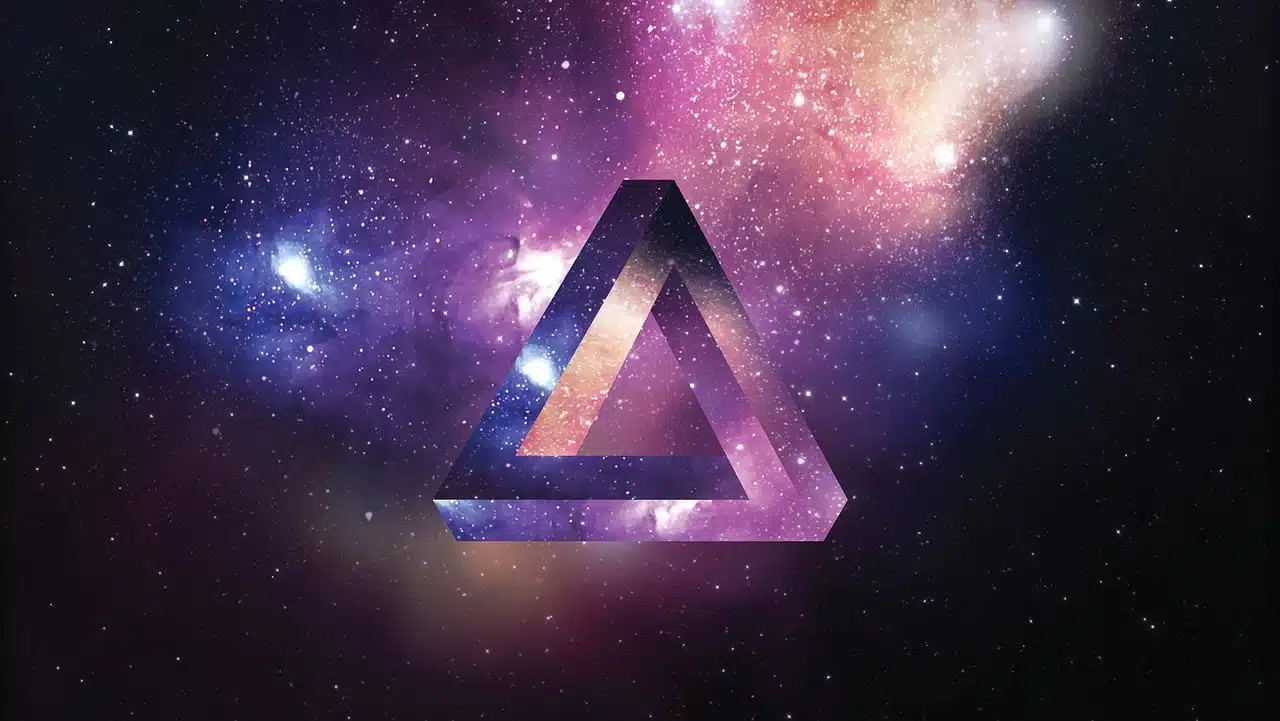
The eternal has no beginning or end.
Eternal is a concept that describes that which has no beginning or end point . The term, originating from the Latin aeternus , is associated with immortality, limitless and infinite .
For example: "The planet is not eternal: experts already know that, sooner or later, it will collapse" , "I would have liked my dog to be eternal, but the truth is that I was able to enjoy his company for more than fifteen years" , "No one lasts forever in this club, so you have to know when to make room for new players."
The eternal in different areas
Eternity is a philosophical notion that is linked to an existence that is not framed in time . From Aristotle 's perspective, time, matter and motion, because they have always existed, can be considered eternal.
Religion has also reflected on the eternal condition attributed to God . Saint Augustine , in this framework, maintained that time is only measured in the parameters of the already established universe; God, therefore, exists without time limits (because for the Supreme Being there are no past times or future moments: only the present counts).
Numbers and mathematical relationships, on the other hand, can be considered eternal since they exist independently of time. This shows that eternity transcends beliefs.

The eternal transcends time.
a paradox
In a way, nothing can happen in eternity, since all actions, as we understand them, have a past, a present and a future. You cannot, for example, kick a ball in eternity, since the movement of the leg and the movement of the ball involve a constant action.
In colloquial language, eternal is what is repeated very frequently or is prolonged excessively : "Every time I go to the dentist, the wait seems eternal," "I'm tired of the eternal arguments with Miguel."
The eternal in Proust's work
Throughout the history of literature, numerous works have been published that have touched on the topic. Above all, it is a concept very present in classical literature , where the authors covered deep spiritual themes, trying to get closer to the true essence of the human being. One of the authors who has approached the subject from an amazing perspective was Marcel Proust in his work "On Swann's Way" .
In this novel, the French author presents a concept of eternity that is unattainable by reason. It shows it as something that cannot be explained in words but that is capable of changing the course of our lives. It does not refer to passing and banal feelings, as the critics of his time wanted to believe, but to a deep connection with our true essence , with the universal spirit that could allow us to understand that this present in which we find ourselves standing is eternal, because it that in the event remains forever, it is indelible.
In this idea of eternity, the understanding of another concept, time, becomes essential. According to Proust both are closely related. He objects that there are two ways of facing and understanding the mystery of time : as a cyclical continuity, relying on the concept of chronos that various authors have defined, or as an event of plenitude, a state through which true happiness can be achieved.
And although this concept seems mystical and even religious , it refers to something that transcends religion and all emotion , to something hidden in the nature of every living being: that which drives it to fight for survival and that will take it to its maximum. plenitude if the individual so desires.
